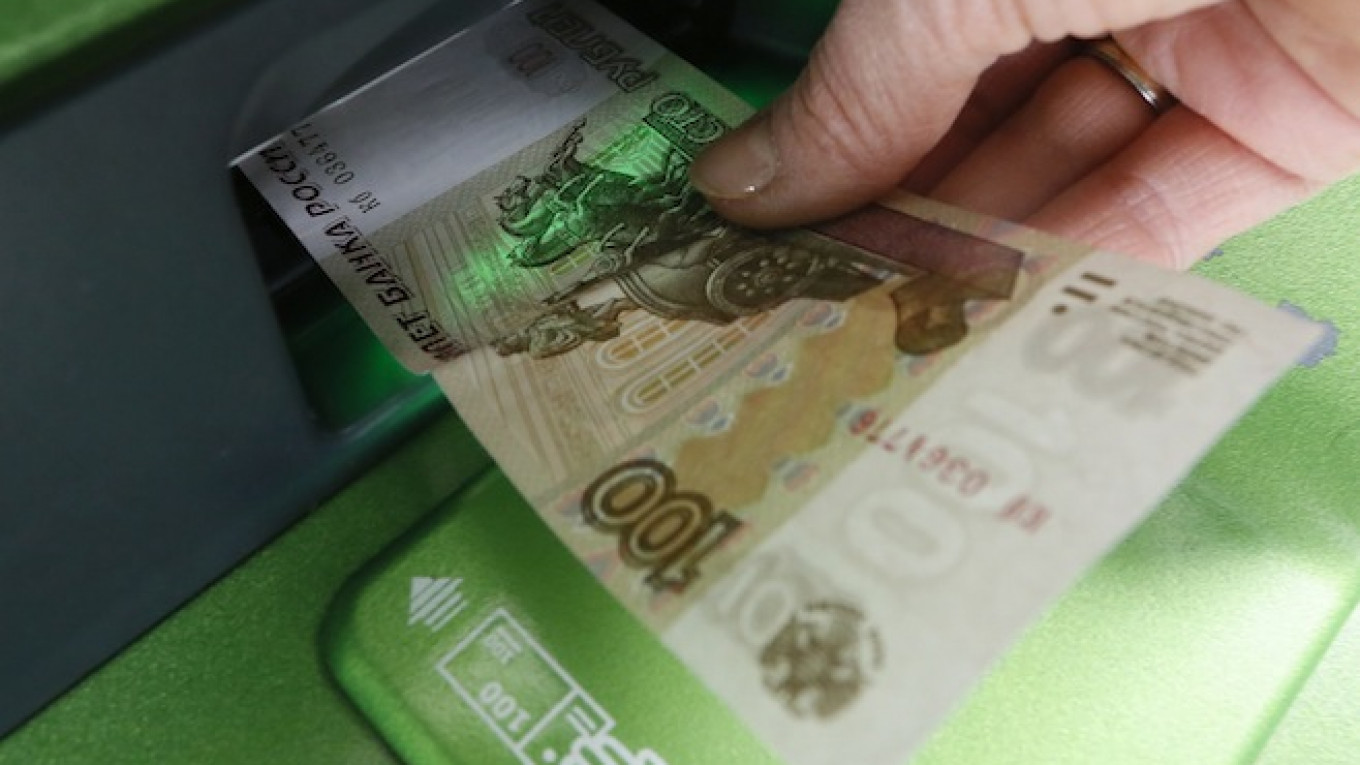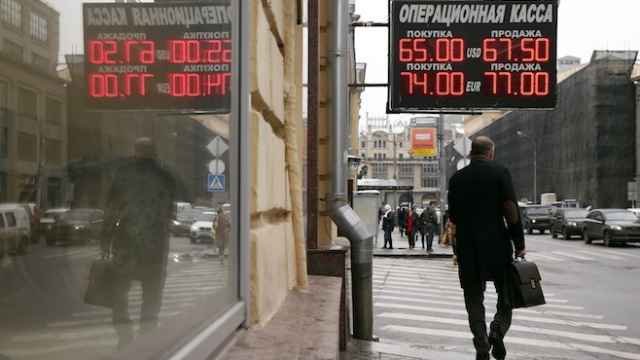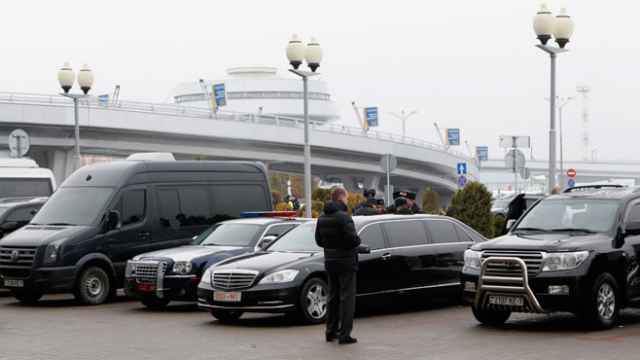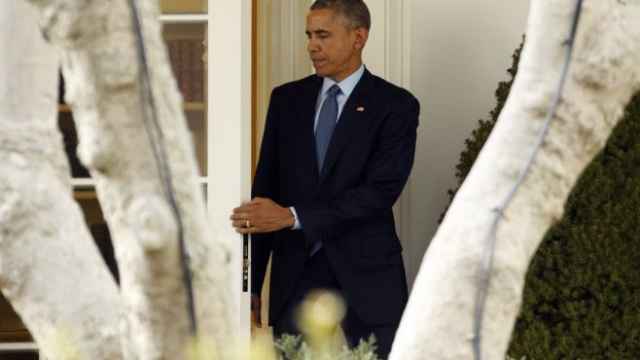The Minsk agreement to halt violence in eastern Ukraine has sparked hope of easing tensions with the West and has created a buying opportunity in Russian markets, Russian economic analysts said late last week.
The deal between the leaders of Russia, Ukraine, France and Germany was the "end of the beginning" of the Ukraine crisis, analysts from Sberbank CIB said in a written note to investors Friday.
"The Minsk II agreement signed yesterday is different to the Minsk I agreement of September because it includes much more detailed provisions for the autonomy of the breakaway regions," the analysts said. "As such, it is more likely to lead to the lasting political solution that the market needs."
Given extra impetus from rising oil prices, Russian stock markets and the ruble have reacted positively to the Minsk agreement despite fears that the deal could fall apart during efforts to implement it on the ground.
ING Bank in Moscow echoed German Chancellor Angela Merkel in describing the deal in a note to investors Friday as a "glimmer of hope."
"Optimists have scored a point over skeptics after Russia, Ukraine, Germany and France brokered a new peace plan in Minsk," ING Bank's chief economist in Moscow, Dmitry Polevoy, wrote in the note.
The deal indicates a possible thawing of relations with Europe and the lifting of sanctions that could create an opportunity for investors, according to Sberbank CIB analysts. Sberbank CIB is the investment banking arm of state-owned Sberbank.
"Buy banks for the bounce," they wrote. "Banking is the sector with the highest exposure to the high cost of capital and bad debts resulting from sanctions."
Many analysts, however, stressed that further upward moves for stocks and the ruble would hinge on developments on the ground.
"A full-fledged rally on Russian markets will depend on the successful realization of the Minsk agreement," analysts at Raiffeisen bank said in a note Friday.
The cease-fire, although violated in the strategic railroad town of Debaltseve, has so far held across the rest of the front between pro-Kiev forces and separatists.
A Message from The Moscow Times:
Dear readers,
We are facing unprecedented challenges. Russia's Prosecutor General's Office has designated The Moscow Times as an "undesirable" organization, criminalizing our work and putting our staff at risk of prosecution. This follows our earlier unjust labeling as a "foreign agent."
These actions are direct attempts to silence independent journalism in Russia. The authorities claim our work "discredits the decisions of the Russian leadership." We see things differently: we strive to provide accurate, unbiased reporting on Russia.
We, the journalists of The Moscow Times, refuse to be silenced. But to continue our work, we need your help.
Your support, no matter how small, makes a world of difference. If you can, please support us monthly starting from just $2. It's quick to set up, and every contribution makes a significant impact.
By supporting The Moscow Times, you're defending open, independent journalism in the face of repression. Thank you for standing with us.
Remind me later.






